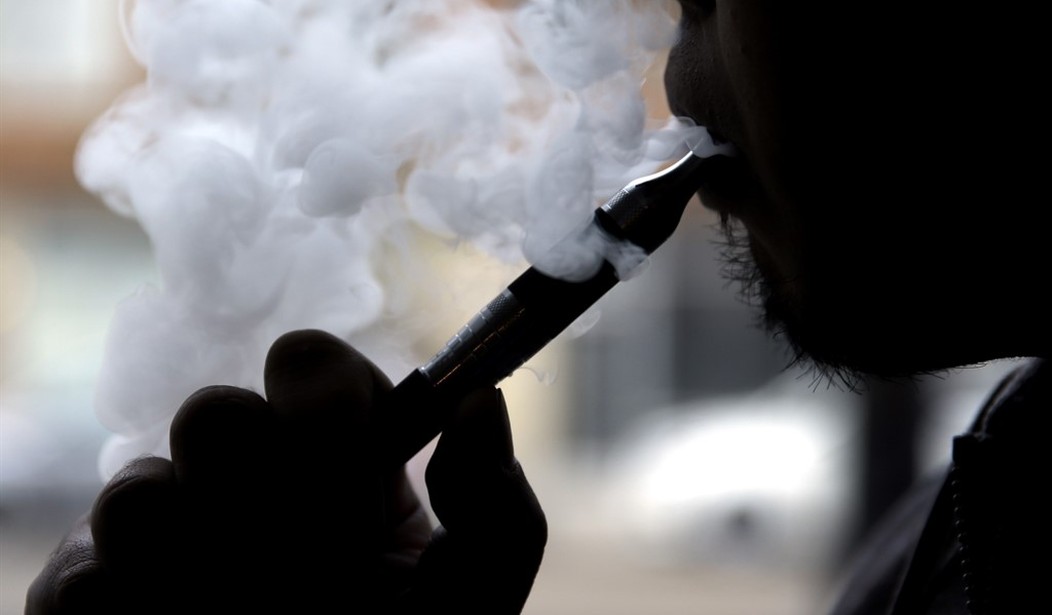Last month, the Royal College of Physicians recognized that e-cigarettes have "the potential to prevent almost all the harm from smoking in society." But as far as the FDA is concerned, that's not good enough.
After the FDA's regulations take effect on August 8, e-cigarette companies will have two years to make the case that letting their products remain on the market is "appropriate for the protection of public health." If they hit that deadline, they will be allowed to continue selling their products for another year while the FDA reviews their applications.
The FDA is not promising to respond within a year, however, and if it doesn't, the products will be "subject to enforcement action." The FDA might make an exception if "review of a pending marketing application has made substantial progress toward completion," meaning the survival of e-cigarette companies depends on the efficiency and benevolence of an agency not known for either.
Each application is expected to cost $1 million or more, and a separate application is required for every product variation. That requirement will be fatal for thousands of vape shops across the country that offer a wide variety of custom-made e-liquids in different flavors and nicotine strengths.
The regulations also doom businesses that let customers assemble their own vaporizers by choosing batteries, tanks and heating elements, because the FDA wants information on how every possible combination interacts with every possible e-liquid. Similarly, the FDA wants to know how every e-liquid interacts with every vaping system, and it expects applicants to compare the health risks posed by their products to those posed not only by cigarettes, which are indisputably much more dangerous, but by "similar products in the same category" and by "never using tobacco products."
Recommended
Even the few companies that can afford to file applications may not be able to persuade the FDA that their products should stay on the market. In making that judgment, the agency will take into account "the risks and benefits to the population as a whole," including not just smokers who switch to vaping but nonsmokers and former smokers who try it, like it, and eventually switch to the real thing.
There is little evidence that e-cigarettes are making the conventional kind more popular. To the contrary, vaping and smoking rates are moving in opposite directions among both teenagers and adults. But if the FDA expects e-cigarette companies to prove their products will never be a "gateway" to smoking, it is asking for the impossible.
Likewise, if the FDA expects large clinical studies showing that particular e-cigarettes help smokers quit and reduce the health risks they face. The agency is sending mixed signals about whether such prohibitively expensive and time-consuming studies will be required.
The FDA says "valid scientific evidence other than controlled studies," such as "well-designed laboratory testing," might be acceptable, and new research might not be necessary if "there is an established body of evidence regarding the public health impact of the product." But it also says "nonclinical studies alone are generally not sufficient to support a determination that marketing of the product is appropriate for the protection of the public health."
In a vaping industry that includes at least 186 manufacturers and 14 importers as well as 4,250 vape shops mixing their own fluids, only the largest businesses can hope to meet the FDA's demands. Even if some fraction of the industry survives, the regulations will dramatically reduce competition and consumer choice, raise prices, and deter innovation.
Old-fashioned cigarettes, meanwhile, face no such barriers. In the name of public health, the FDA is protecting the deadliest nicotine delivery system from competition with one of the safest.

























Join the conversation as a VIP Member